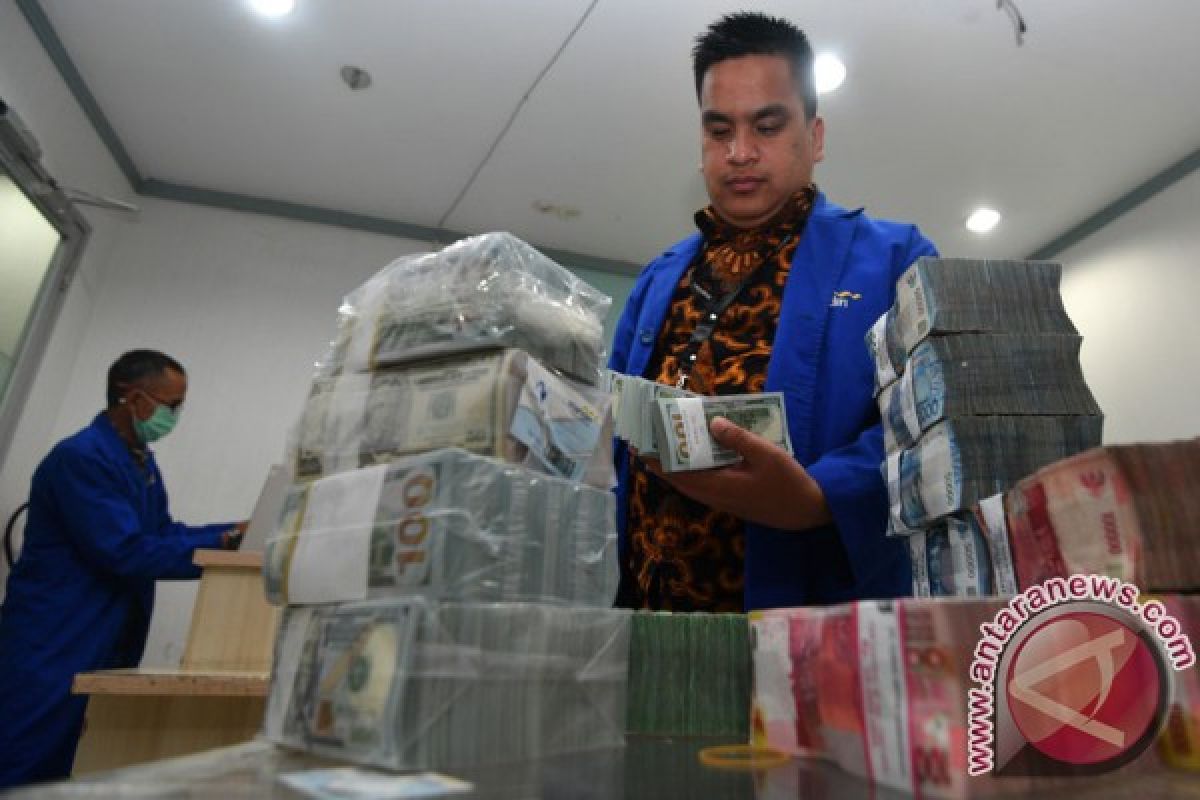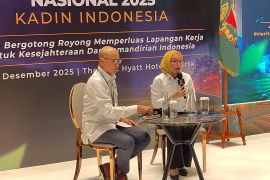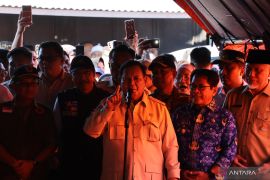After deciding to raise the "7-Day Reverse Repo Rate" to 5.5 percent on Wednesday, he stated that BI would not as yet take an option to use the bilateral or multilateral facilities, such as currency exchange agreement, to control the pressures that reduce the rupiah currency value.
The option of bilateral or multilateral currency exchange agreements is a country`s second line of defense to deal with economic turmoil. "The foreign currency reserves are sufficient not only for paying imports and debts but also for mitigating the possible capital reversal," he noted.
He admitted that the foreign exchange reserves had continued to drop since early January, reaching $118 billion at the end of July from $131.9 billion at the end of January.
Some of the reserves have been used to intervene in the market when the rupiah value dropped. Since early this year to August, the rupiah had depreciated by 7.04 percent.
In the middle of this month, the monetary authorities decided to raise the reference rate to 5.5 percent, a move considered beyond expectation by most analysts.
The interest rate hike of 125 basis points so far this year to complete the tight monetary policy was taken in the midst of concerns over the effect of the financial system turmoil in Turkey, expectation of the Fed`s interest hike in September, and increasing current account deficit.
The hike in interest rate is expected to be able to control import demand and thus reduce the deficit and save foreign exchange currencies to pay imports.
Reported by Indra Arief Pribadi
Edited by Yoseph Haryadi, Sri Haryati
Reporter: antara
Editor: Heru Purwanto
Copyright © ANTARA 2018












